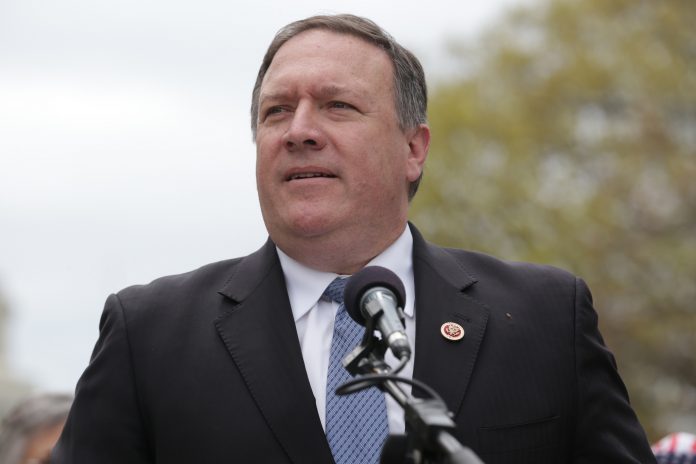US Secretary of State Mike Pompeo on May 21 unveiled a hard-line strategy on Iran that could deepen the divide between Washington and Brussels. He promised “the strongest sanctions in history” should Tehran not buckle to US demands.
As reported by Deutsche Welle (DW), Germany’s international broadcaster, Pompeo’s speech comes nearly two weeks after US President Donald Trump pulled out of the Iran nuclear deal and re-imposed sanctions lifted under the Joint Comprehensive Plan of Action (JCPOA), the 2015 accord that Iran signed with Russia, China, the United States, Britain, France and Germany.
“The sting of sanctions will only grow more painful if the regime does not change course from the unacceptable and unproductive path it has chosen for itself and the people of Iran,” Pompeo said at the conservative Heritage Foundation think tank in Washington, DC.
According to DW, Pompeo said the US would not try to renegotiate the JCPOA. Instead, any new deal would require Iran to meet 12 demands, including halting its ballistic missile programme and ending interventions in Syria and Yemen, as well as wide-ranging concessions on its civilian nuclear energy programme.
Pompeo added that the United States and its partners in the Middle East would “crush” Iranian operatives and regional allies such as the Lebanese Shiite group Hezbollah.
Jarrett Blanc, who was coordinator for implementation of the agreement at the State Department under the Obama administration, said: “This isn’t a strategy. It is an unprioritized and internally incoherent wish list. It is a fantasy of regime change without the resources or leverage. It is, obviously, also an insult to our European allies.”
Ali Vaez, the director of the Iran Project at the International Crisis Group, said: “Its message to Europe is now clear: ‘Join me in changing not Iran’s behaviour, but its regime.’”
In response to Pompeo’s speech, the EU’s High Representative/Vice President Federica Mogherini, said the 2015 Iran Nuclear Deal and continuing support for it are major achievements of international diplomacy, ensuring that Iran’s nuclear capacities remain exclusively for peaceful purposes.
“The European Union is and will remain committed to the continued full and effective implementation of the JCPOA as long as Iran abides by all its nuclear-related commitments, as it is doing so far,” she said. “This deal belongs to the international community, having been endorsed by the United Nations Security Council. The international community expects all sides to keep the commitments they made more than two years ago.”

